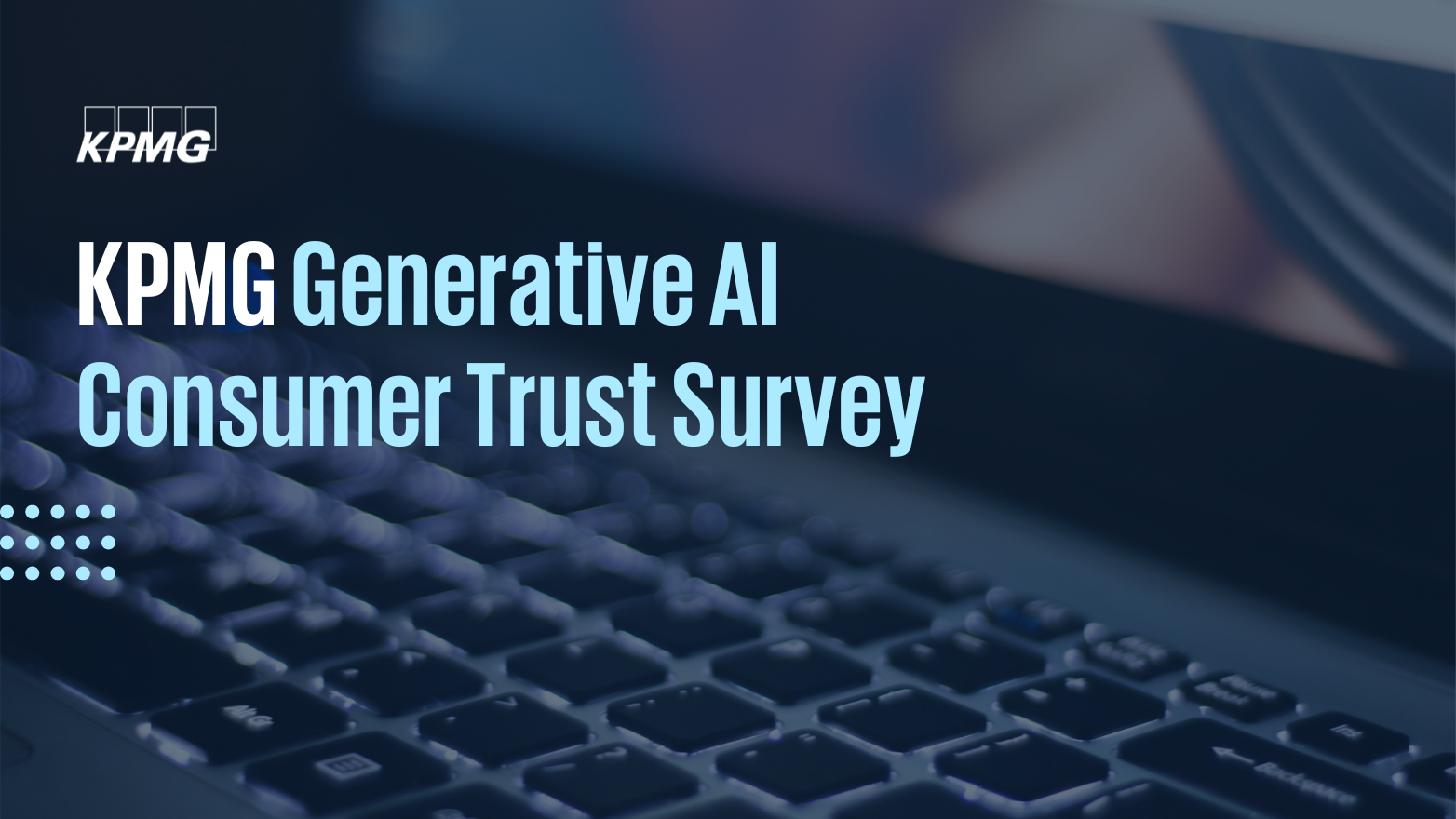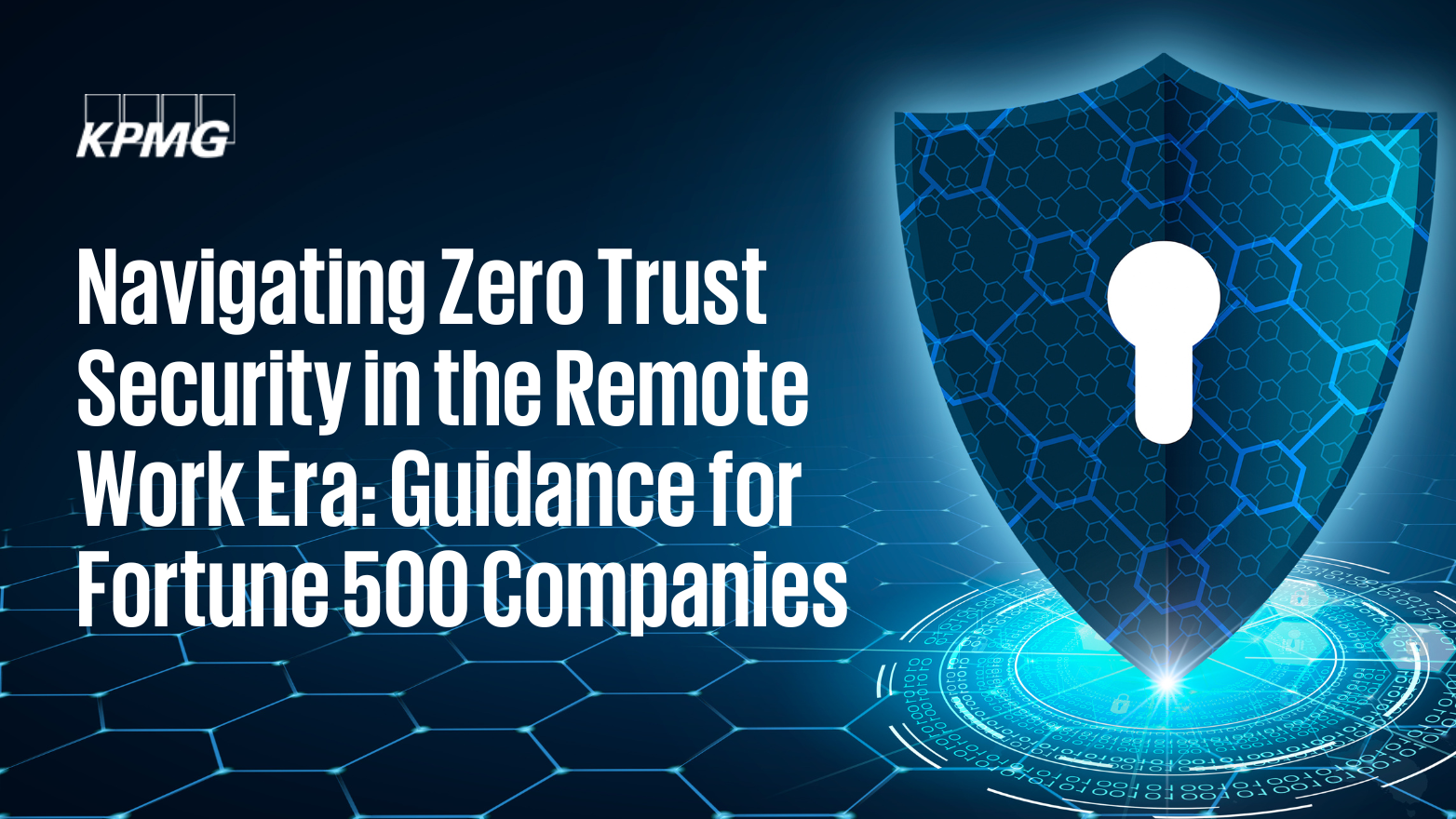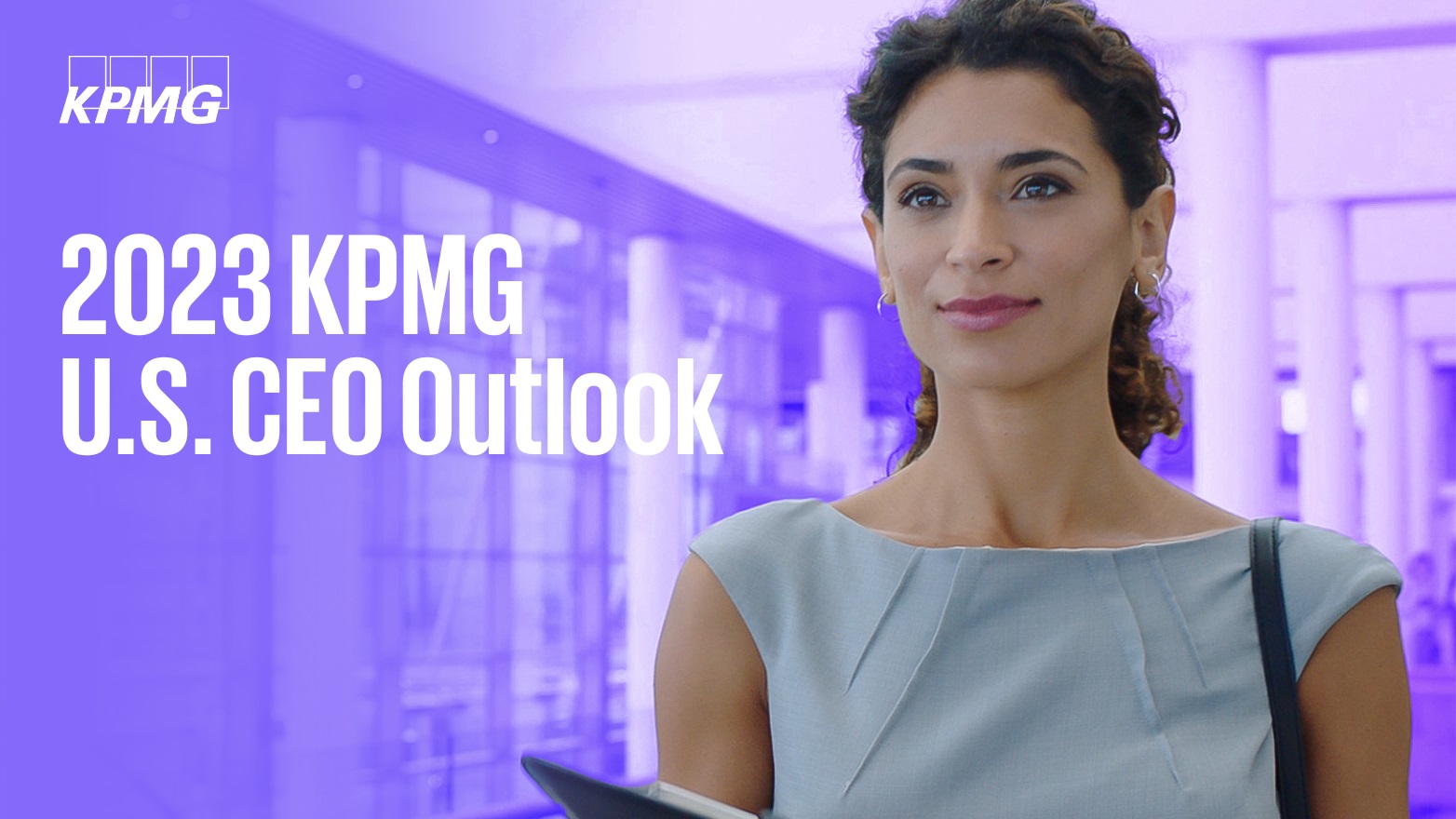Context for Change: AI Dominates Consumer Tech Trends
KPMG released the Context for Change survey measuring how consumers across twenty major U.S. cities are perceiving future macroeconomic and tech trends.
From emerging technology to climate change and economic pressures, today’s ever-changing environment is prompting consumers to rethink their attitudes towards the role technology plays in their daily life.
Today, KPMG released the Context for Change survey measuring how consumers across twenty major U.S. cities are perceiving future macroeconomic and tech trends. The results show that consumers crave progress but also demand safeguards. As trends such as online learning platforms, smart assistants and 5G gain popularity, consumers in cities like Dallas, Washington, D.C., San Diego and Atlanta are taking the lead in adoption.
Not all trends and technologies are embraced without reservation, however. The transformative power of Generative AI is at the forefront of accelerating growth and empowering behavioral change, while also giving rise to ethical considerations and the need for governance and standards.
See what consumers have to say about the future, a snapshot of findings is below:
When asked what trend or innovation feels like it has the most positive potential or reasons for optimism, many consumers identified Generative AI. The cities that responded with the most positive sentiment around AI were:
- Madison: 44%
- Dallas: 31%
- Minneapolis: 27%
- San Francisco 23%
- Washington, D.C. 22%
- New York: 22%
Consumers are embracing the evolving landscape of emerging tech advancements in the workplace with many viewing online platforms as offering new skill sets and professional development opportunities. The cities that responded most positively were:
- Seattle: 80%
- Washington, D.C.: 79%
- Raleigh-Durham: 72%
- Dallas: 70%
- Denver: 64%
Consumers are increasingly comfortable with using AI-powered technology that automates repetitive tasks, such as data entry or scheduling. The cities that responded most positively were:
- San Diego: 75%
- Salt Lake City: 73%
- San Francisco: 71%
- Atlanta: 65%
- Baltimore: 62%
More than half of consumers reported being open to smart assistants to automate household tasks, including chores and schedule management. The cities most open to using the technology were:
- Washington, D.C.: 72%
- San Diego: 66%
- Seattle: 65%
- Madison, Wis.: 62%
- Salt Lake City: 58%
When asked how comfortable consumers were with AI assistants suggesting products based on preferences and purchase history, the cities that responded most positively were:
- San Diego: 62%
- Atlanta: 59%
- Madison: 58%
- Salt Lake City: 52%
- San Francisco: 50%
When asked how comfortable consumers were with AI algorithms analyzing their credit score and finances to determine your eligibility for loans, the following locations responded most favorably:
- Dallas and Washington DC (tied): 66%
- Seattle: 62%
- San Diego: 59%
- Austin: 56%
When asked how comfortable consumers are with wearable technology, such as fitness trackers, monitoring your vital signs and providing health insights, the following locations responded most favorably:
- Dallas: 72%
- Washington DC: 70%
- Seattle: 67%
- Denver: 64%
- Austin: 62%
About Context for Change
The Context for Change Research report was commissioned by KPMG Ignition, in October 2023 to understand consumer outlook on current trends and people’s evolving relationship with technology as they shop, work, access healthcare, socialize, and manage their personal lives. A total of 1,996 respondents were surveyed across 20 cities, which an average sample size of 100 respondents, including: Atlanta, Austin, Baltimore, Boston, Chicago, Dallas/Fort Worth, Denver, Los Angeles/Orange County, Madison, Minneapolis/St. Paul, New York Metro, Philadelphia, Phoenix, Portland, Raleigh-Durham, Salt Lake City, San Diego, San Francisco, Seattle and Washington, D.C.
Initial survey demographic targets for each city aimed for a natural representation of age, ethnicity, education, and income factors. The distribution for the U.S. Census was applied based on publicly available data provided by the U.S. Census Bureau.
About KPMG LLP
KPMG LLP is the U.S. firm of the KPMG global organization of independent professional services firms providing audit, tax and advisory services. The KPMG global organization operates in 143 countries and territories and has more than 273,000 people working in member firms around the world. Each KPMG firm is a legally distinct and separate entity and describes itself as such.
KPMG is widely recognized for being a great place to work and build a career. Our people share a sense of purpose in the work we do, and a strong commitment to community service, inclusion and diversity and eradicating childhood illiteracy. Learn more at www.kpmg.com/us.
Dive into our thinking:
Context for Change - KPMG Ignition Report
Download PDFExplore more

2024 KPMG Generative AI Consumer Trust Survey
Consumers are optimistic about the benefits of GenAI as technology becomes more pervasive, according to the KPMG survey of 1,000 college-educated and informed U.S. consumers.

Navigating Zero Trust Security in the Remote Work Era: Guidance for Fortune 500 Companies
Zero Trust operates on the assumption that no user or device is inherently trustworthy, necessitating verification for every attempt to access a network or application.

KPMG Study: CEOs Focused on Game-Changing Investments in M&A and Generative AI to Drive Growth
CEO Confidence in Long-Term Growth Prospects of Their Companies More Subdued. Myriad Risks to Growth include Geopolitics and Political Uncertainty, Disruptive Technology
